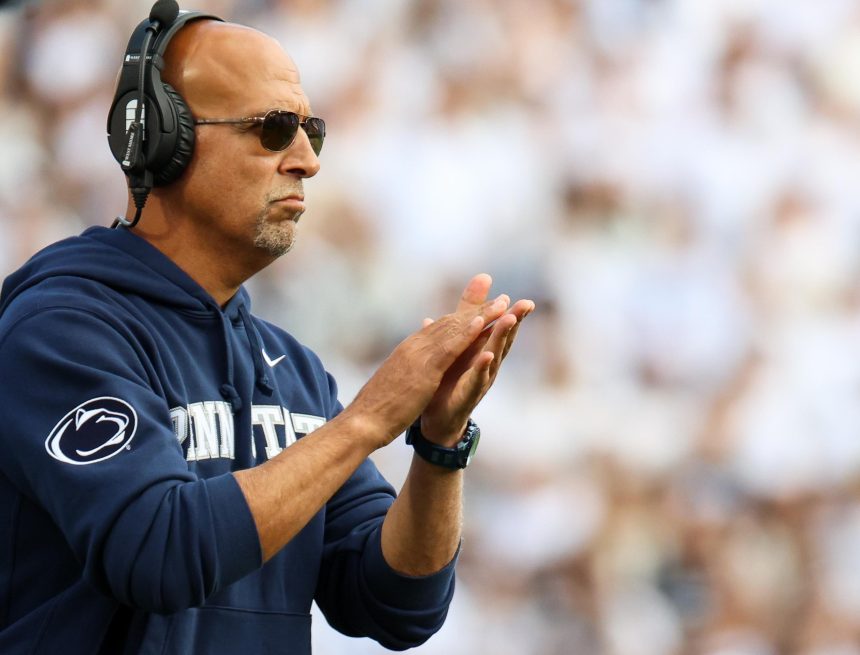The tragic story of Virginia Giuffre raises the question of who governs when royal privilege and public outrage collide. As a vulnerable teenager she was drawn into a world of sexual exploitation by the disgraced financier Jeffrey Epstein. Ms Giuffre alleged that Epstein trafficked her and that she was forced to have sex with Prince Andrew on three occasions, including when she was 17. He has denied all the claims. Despite previously insisting he had no memory of meeting her, the prince reportedly paid £12m to settle her civil case in 2022. The money was said to have come from his mother, the late queen – who, just six weeks later, was photographed walking beside him at her husband’s memorial service.
With a posthumous memoir, Ms Giuffre has brought the issue back into the spotlight. In his calamitous 2019 Newsnight interview, Prince Andrew claimed that he cut all ties with Epstein after their December 2010 meeting in New York. But leaked emails from just two months later told a different story; with Prince Andrew asking to keep in touch and writing that “we’ll play some more soon!!!!” The Metropolitan police is now looking into claims that King Charles’s brother asked his protection officers to look into Ms Giuffre. He has agreed not to use his royal titles, notably Duke of York, but that is a voluntary renunciation, not a legal one. Across homes, pubs and radio phone-ins, people are debating whether he should be stripped of his titles. But in parliament the subject is taboo, barred by rules against “reflections” on the royals.
Even if MPs could debate it, their hands seem tied. A royal dukedom is created by letters patent under the royal prerogative and can only be revoked by another act of the crown or by parliament. Yet because the crown cannot act against itself, only MPs could strip a royal title – and even then, by convention, only with the “king’s consent”. That circle of deference leaves MPs powerless to curb royal privilege without royal permission. Lord Foulkes has challenged this democratic absurdity. Supported by the independent MP Rachael Maskell, the SNP and Plaid Cymru, he has urged a review of the rule banning “royal” questions. Public roles and financing must not be beyond scrutiny.
The current immunity is no ancient relic of the constitution. It is the result of deliberate political choices – the most consequential of which was made in 2011 when David Cameron overhauled royal funding. In 1760, George III had surrendered the profits of the crown estate to parliament in exchange for a fixed allowance, establishing democratic control over the royals. Mr Cameron reversed that bargain. He handed back a share of those profits to the crown, free from the annual Commons vote that ensured accountability. What he called a “painful discussion” and “tabloid-led” debate became an automatic 15% cut of crown estate profits. The result? The sovereign grant has more than tripled as scrutiny has vanished and no one knows who pays Prince Andrew’s bills.
Parliament has surrendered the oldest democratic check on royal power – control of the purse – and that must change. It should not have taken a young woman’s suffering to reveal how insulated our monarchy has become from the standards expected of the rest of society. Ms Giuffre’s story did not end with her death. It leaves the living with a duty: to ensure that privilege does not outweigh accountability.


